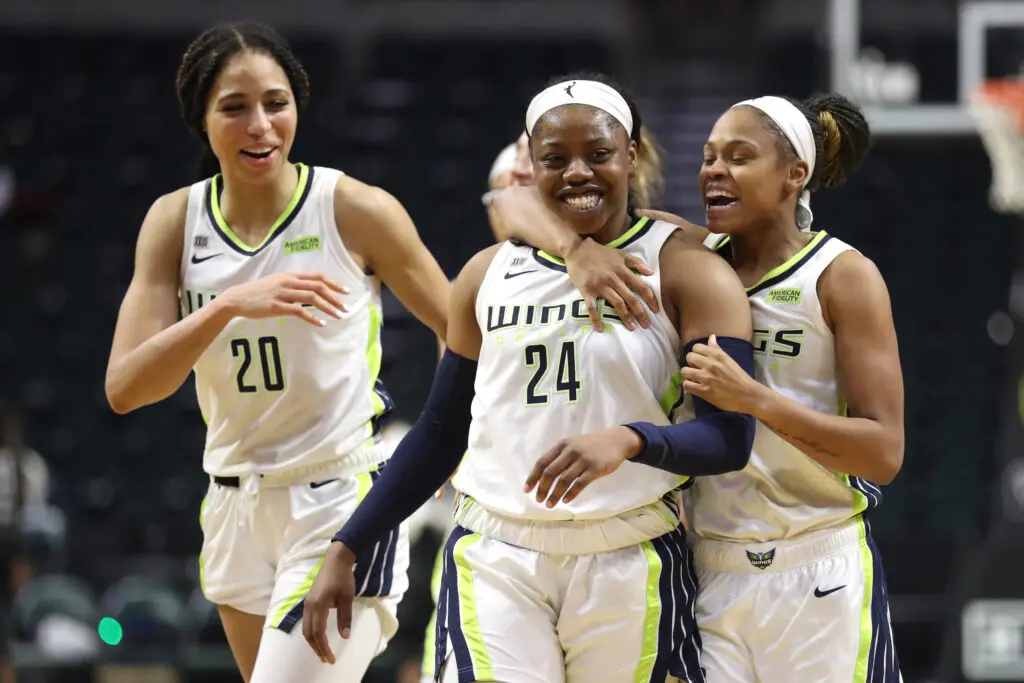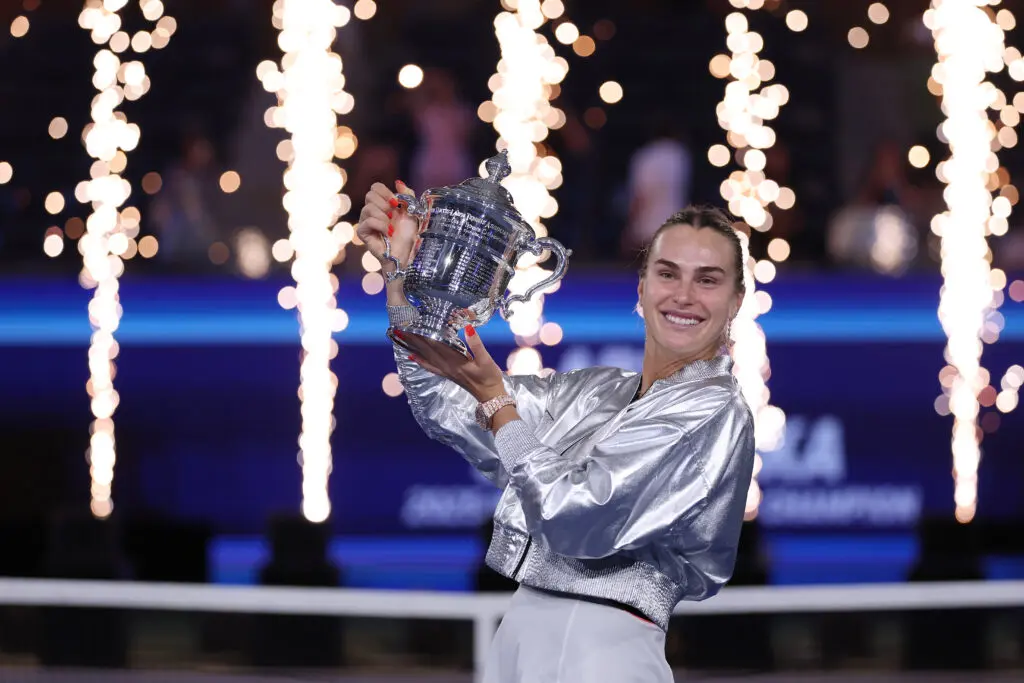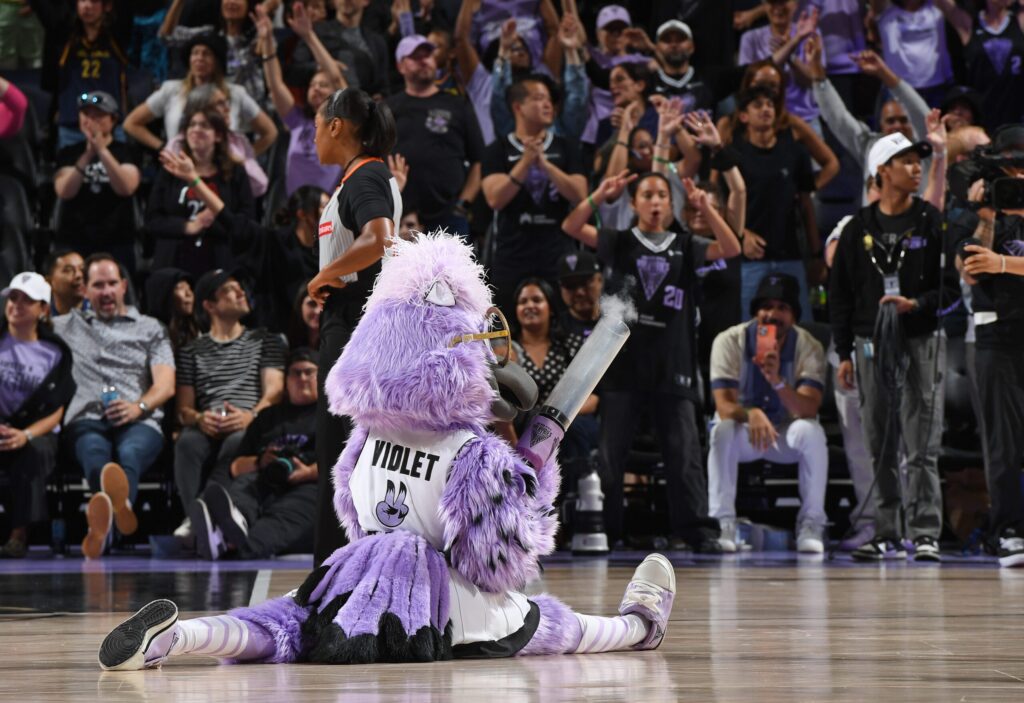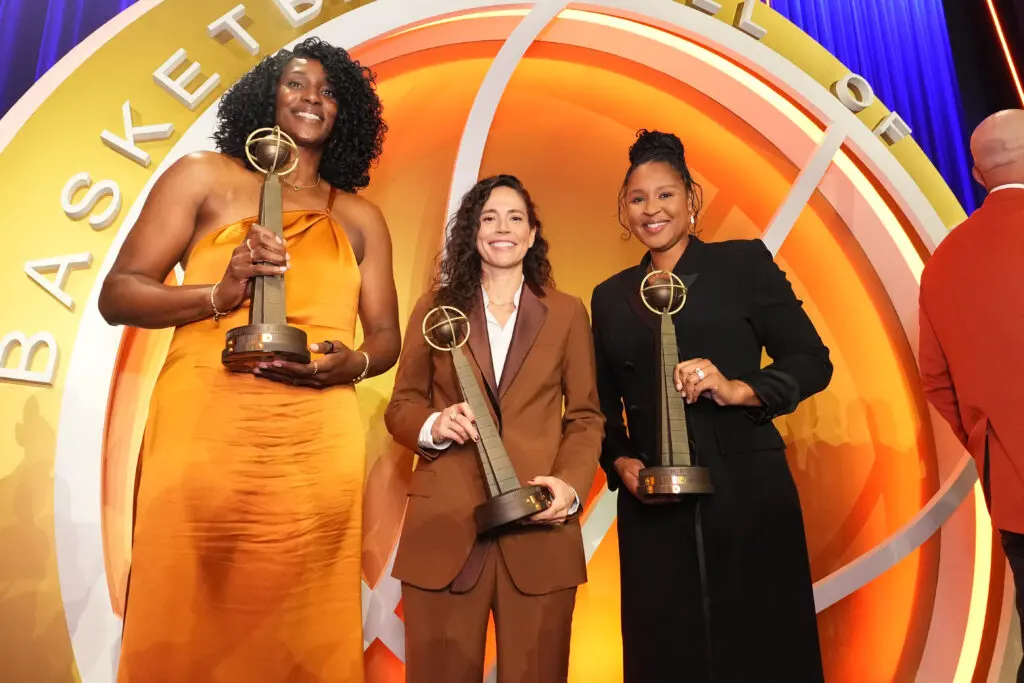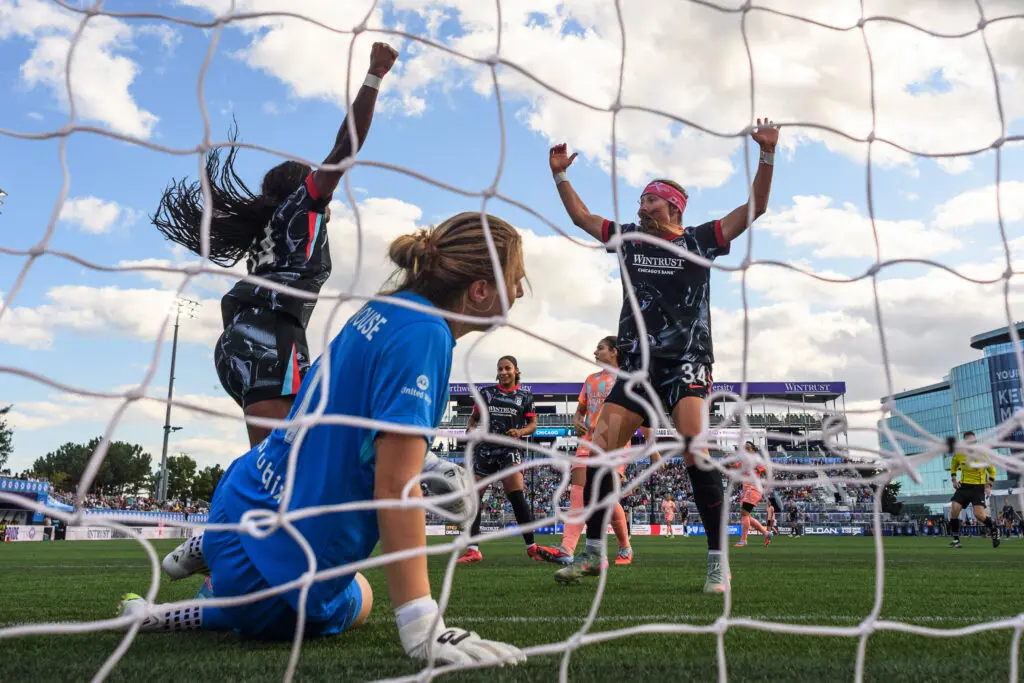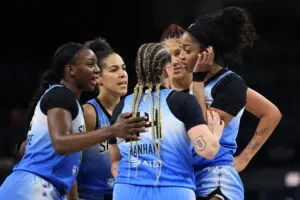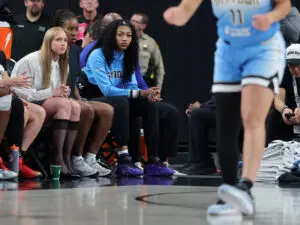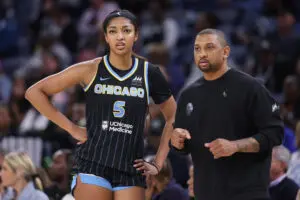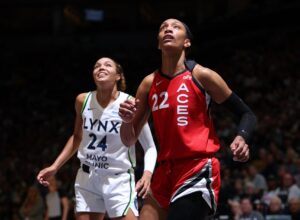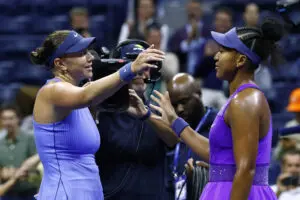A new clause in the WNBA’s collective bargaining agreement is a cause for concern among the league’s top players.
WNBA All-Star Game MVP Arike Ogunbowale stopped by JWS’ Tea with A & Phee podcast to talk with Napheesa Collier about the challenges of juggling a domestic career in the WNBA with more lucrative opportunities overseas, which could be further complicated by a new league policy.
The WNBA’s CBA, agreed upon by the league and the players’ union in 2020, has a clause going into effect in 2023 stipulating that WNBA players coming back from international duty late could be penalized by their teams. If a player does not report to preseason training camp on time due to a conflict with their international team, they could be suspended for the season without pay.
“I came back two weeks already into training camp, and the seasons gonna start in like a week, so really didn’t get that much time to train,” Ogunbowale says of her start to the 2021 season with the Dallas Wings. The 24-year-old also plays for Dynamo Kursk in Russia.
The overlapping seasons often mean players who also compete abroad don’t have much of a break, if any. Ogunbowale tells Collier she plans to have only “ten or something days” off between the end of the WNBA season and her return to Russia.
When asked by Collier about the CBA’s impending restrictions on international play, Ogunbowale expressed concern.
“That’s tough, especially for players who can make a lot of money overseas like us,” she says. “Like, that is cutting into primetime playoff and championship, and that’s honestly when they really need you.”
Ogunbowale says she still doesn’t know what will happen when she and other players are forced to choose between competing overseas and staying in the WNBA.
“If the WNBA paid as much as overseas then I would do that, but that’s not the case, so we’ll have to see,” she says.
“I think they’re going to be surprised how many people choose not to play in the WNBA,” Collier adds, “because for a lot of people, it’s not like you make enough to live off that for the rest of the year.”
Ogunbowle says that the decision for veteran players like Diana Taurasi is less complicated, but for “people like us, we have more decisions because we’re young. Like, this is primetime you’re getting good contracts.”
On top of the international decision, Ogunbowale and Collier were a part of the last WNBA draft class to fall under the old CBA in 2019. That means their salaries in their third year of WNBA service are significantly lower than they will be for the current crop of young players.
“We are the last year of the old CBA, like the rookies getting more than us,” Ogunbowale says. “It’s just actually sad.”
Listen to Collier’s full conversation with Ogunbowale here.
